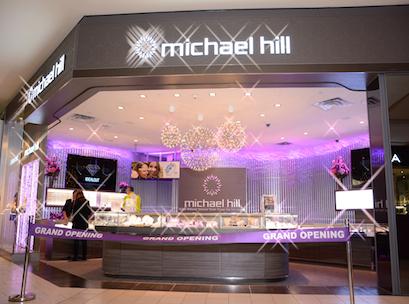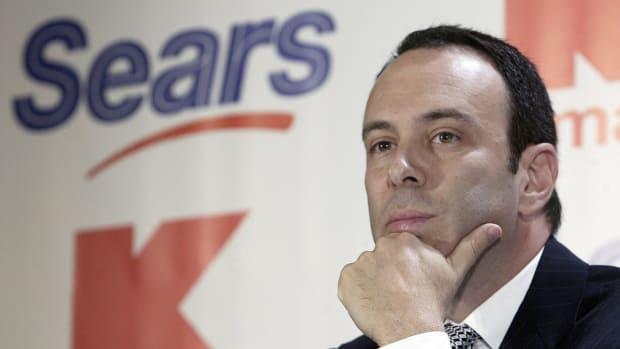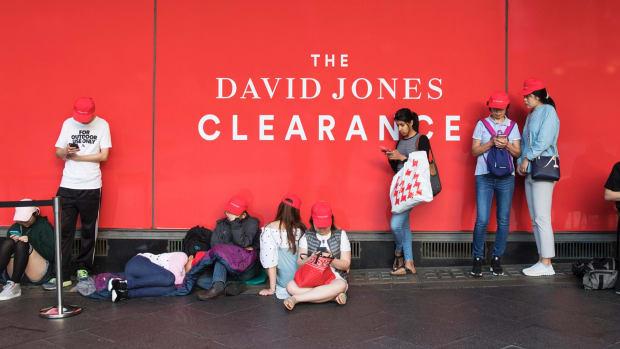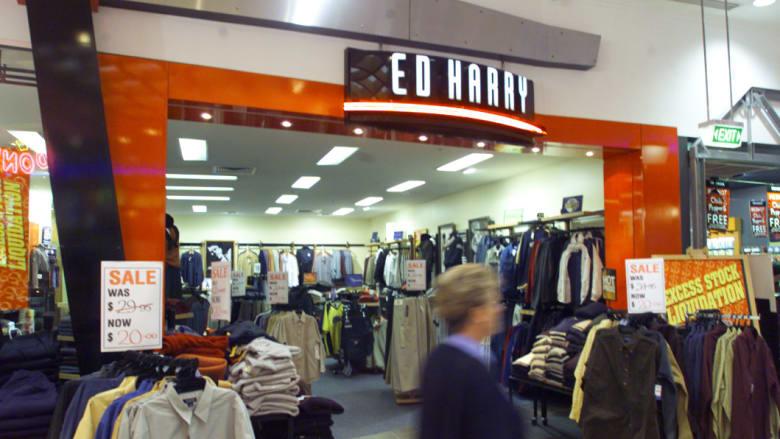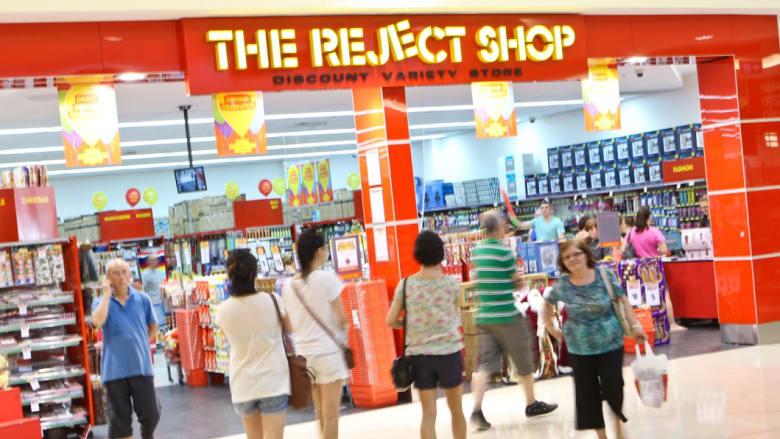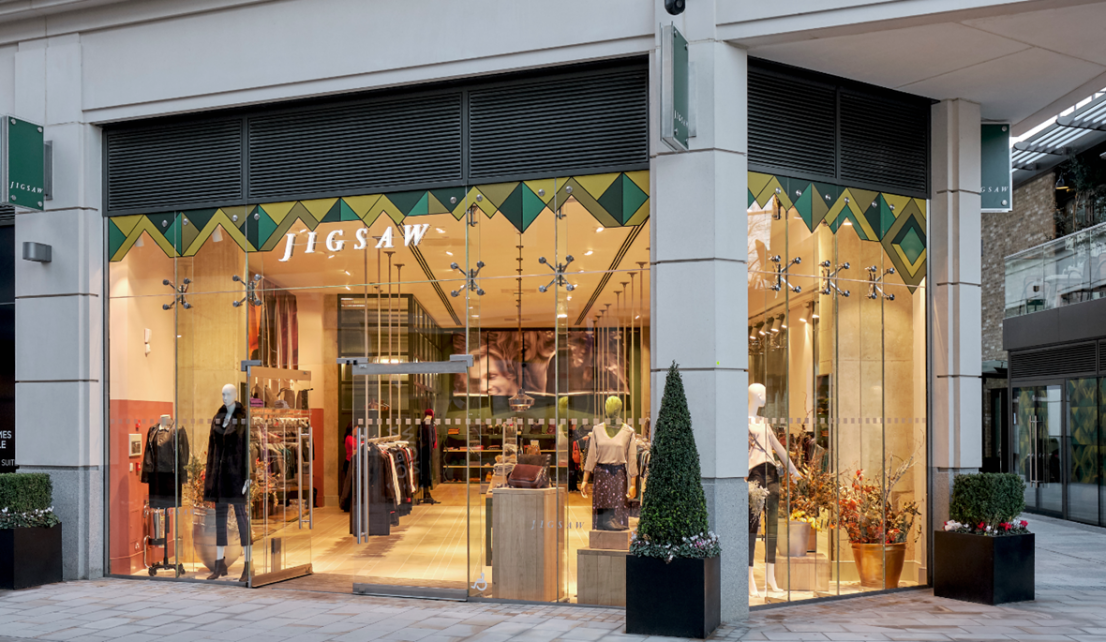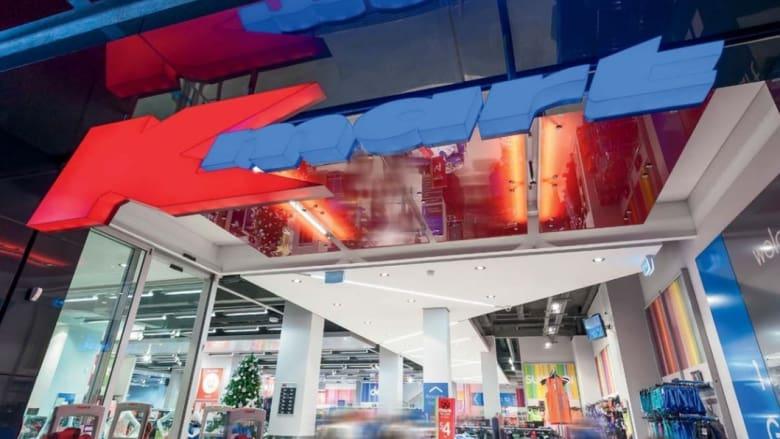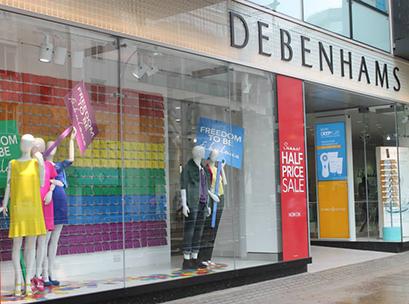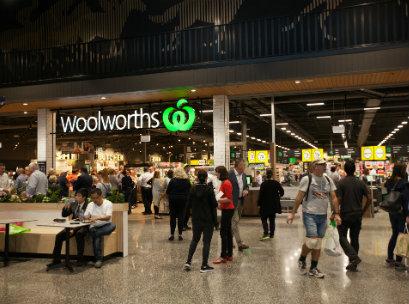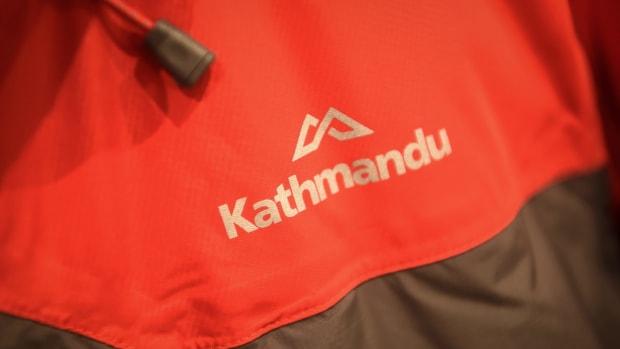
The early success in the United States of buy now, pay later payments company Afterpay is a reminder to investors of the power of the new global force in financial markets – Millennials.
Afterpay's shares surged almost 14 per cent on Friday after an ASX announcement revealed its US platform processed $260 million in underlying sales in the six months to December. It took 28 months for Afterpay's Australian and New Zealand business to process a similar amount of underlying sales.
The company added 650,000 new customers in the US in the half year and 1400 new retailers transacted with Afterpay in the period. It is forecast to have 1.2 million users by June, according to Goldman Sachs analyst Ashwini Chandra.
When Afterpay listed in May 2016 the executive chairman Anthony Eisen and CEO Nick Molnar had shares worth $121.5 million. They are now worth more than $700 million.
Chanticleer understands the US customer base of Afterpay is similar to the Australian and New Zealand user base, which is heavily weighted towards Millennials. About 70 per cent of the 2.5 million Australians who use Afterpay are below the age of 34. The average age of a customer using Afterpay in the US is 33, which fits the Millennial definition of being born between 1981 and 1996.
In Australia the average age of an Afterpay user has increased because the younger generation has educated others about the product, according to sources close to the company.
The financial power of Millennials and their potential to influence the governance of multinational corporations was brought home this week by Larry Fink, the chairman and CEO of BlackRock, the world's largest investment manager with $US6.28 trillion ($8.7 trillion) in assets under management.
In his annual letter to the CEOs of the world's largest companies, Fink said Millennials would put pressure on boards of directors and managers to ensure companies "fulfil their purpose and responsibilities to stakeholders".
He says Millennials, who represent 35 per cent of the workforce, would "express new expectations of the companies they work for, buy from, and invest in".
"In a recent survey by Deloitte, Millennial workers were asked what the primary purpose of businesses should be – 63 per cent more of them said "improving society" than said "generating profit," Fink said.
"In the years to come, the sentiments of these generations will drive not only their decisions as employees but also as investors, with the world undergoing the largest transfer of wealth in history: $US24 trillion from Baby Boomers to Millennials. As wealth shifts and investing preferences change, environmental, social, and governance issues will be increasingly material to corporate valuations."
Chanticleer believes there are at least two ways for investors to play the Millennial investment game.
First, buy companies that rely on Millennials for their profits. This is risky because you would be excluding Baby Boomers, the richest cohort of consumers.
Afterpay has performed well since listing in May 2016 at $2.70 a share. The share price rise since then has lifted the value of shares owned by the executive chairman Anthony Eisen and CEO Nick Molnar from about $120 million to more than $700 million.
But other Millennial-focused companies have not done so well. Shares in Raiz Invest, which helps Millennials to round up their spare change and invest it in the sharemarket, have fallen 72 per cent since listing on the ASX six months ago. Nevertheless, the business is expanding, with $254 million in funds under management compared to $200 million when it listed.
The Raiz business model is sound judging from research commissioned late last year by Afterpay to ascertain the attitude of Millennials to managing money. It found they are turning away from credit cards, are savvy at managing money, are saving more than their parents, and using technology to do household budgeting.
AlphaBeta CEO Andrew Charlton, who did the research for Afterpay, said Millennials had long been misrepresented as a young, narcissistic generation that spent frivolously. But using data from surveys and a range of official sources, Charlton found a generation with a greater willingness to save, a reluctance to use revolving credit on credit cards, and delaying the purchase of a family home.
"While it is true that Millennials manage and spend their money differently from their parents, their priorities are driven largely by new financial burdens they face," the report said.
"While Baby Boomers lived through an era of free education and affordable housing, Millennials are not as lucky. In 1970, Baby Boomers could buy a house for around five times the average household income. Generation X faced house prices of six times income. For Millennials today, houses now cost eight times the average household income.
"Similarly, Baby Boomers enjoyed free university education. By contrast, university-educated members of Generation X entered the workforce with more than $10,000 of HECS debt. Millennials now face twice the HECS debt of their predecessors, at $19,000."
Millennials are not spendthrift according to the AlphaBeta research. The areas of spending for Millennials that have experienced the biggest increase have been public transport (up 24 per cent) and private health insurance (up 23 per cent). Their frugality and health consciousness is clear from the study's findings that they spend 16 per cent less on alcohol and 71 per cent less on cigarettes than previous generations.
It is noteworthy that Charlton's research found Millennials have a high level of distrust of banks. Also, they don't think banks have been helpful in managing their finances.
When you combine these findings with the predictions by BlackRock's Fink, it is fair to assume that disruptive and innovative fintechs that invest with social purpose will do well.
A second Millennials investment strategy would be to buy companies run by Millennials. This is based on the idea that Millennial CEOs should be on the same wavelength as their peers and more likely to make money than out-of-touch Baby Boomers.
Chanticleer found 167 Millennial CEOs running public companies in Australia, New Zealand, Singapore, the US, France, Germany, Hong Kong, Japan, the United Kingdom and Canada, using the global data base of S&P Capital IQ. The data is limited because 2200 of the 2500 CEOs captured by the analysis did not reveal their age.
The S&P Capital IQ data on the age of CEOs shows at least half a dozen Millennials running marijuana related companies in the US and Canada.
The youngest CEO of an Australian listed company is 35-year-old Rohan Hockings, who runs Phylogica, a biotechnology company with a drug discovery platform to discover novel peptide therapeutics. The stock has slumped in the past 12 months.
The next youngest CEO of an Australian listed company is Jacky Chan, 36, who runs Amani Gold, a gold exploration company. But the stock has plunged over the past year.
At the other end of the age spectrum of CEOs is legendary investor Warren Buffett, who is aged 88. His advice to anyone looking to invest, no matter what their age, is to put the money in index funds.


